CuddleLop Co. Holland Lops
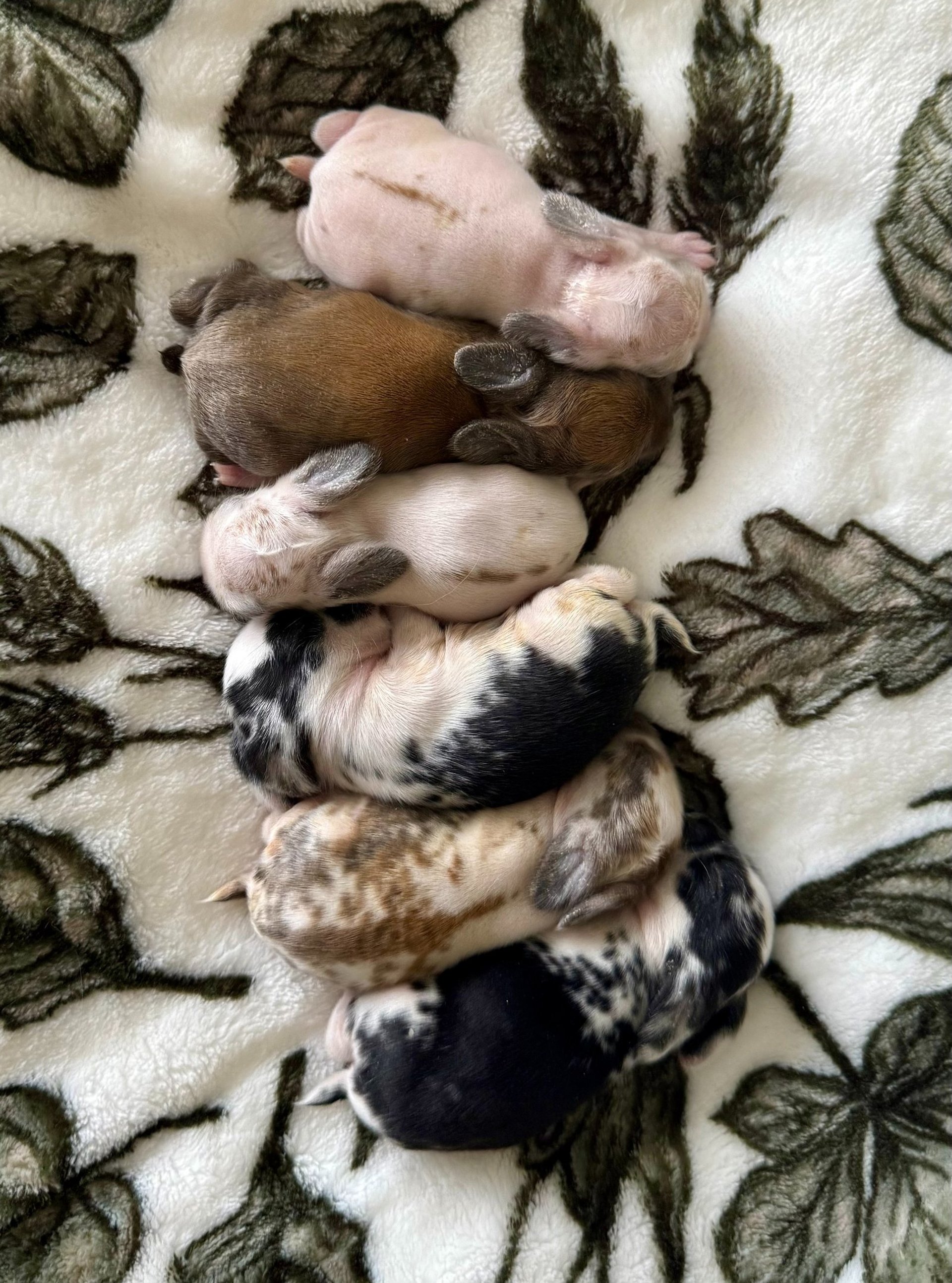
Welcome to Cuddlelop Co.
We are a Denver-based ARBA registered breeder specializing in Holland Lops. Our focus is not only to breed happy and healthy baby hollands, but to introduce them to different sights, sounds, and touches, so when your baby comes home, they will be used to being handled and living indoors.
All our bunnies are raised inside our home. We believe in free roaming or using spacious exercise pens to house your rabbit. Our care pamphlet comes with tips and tricks on litter training!
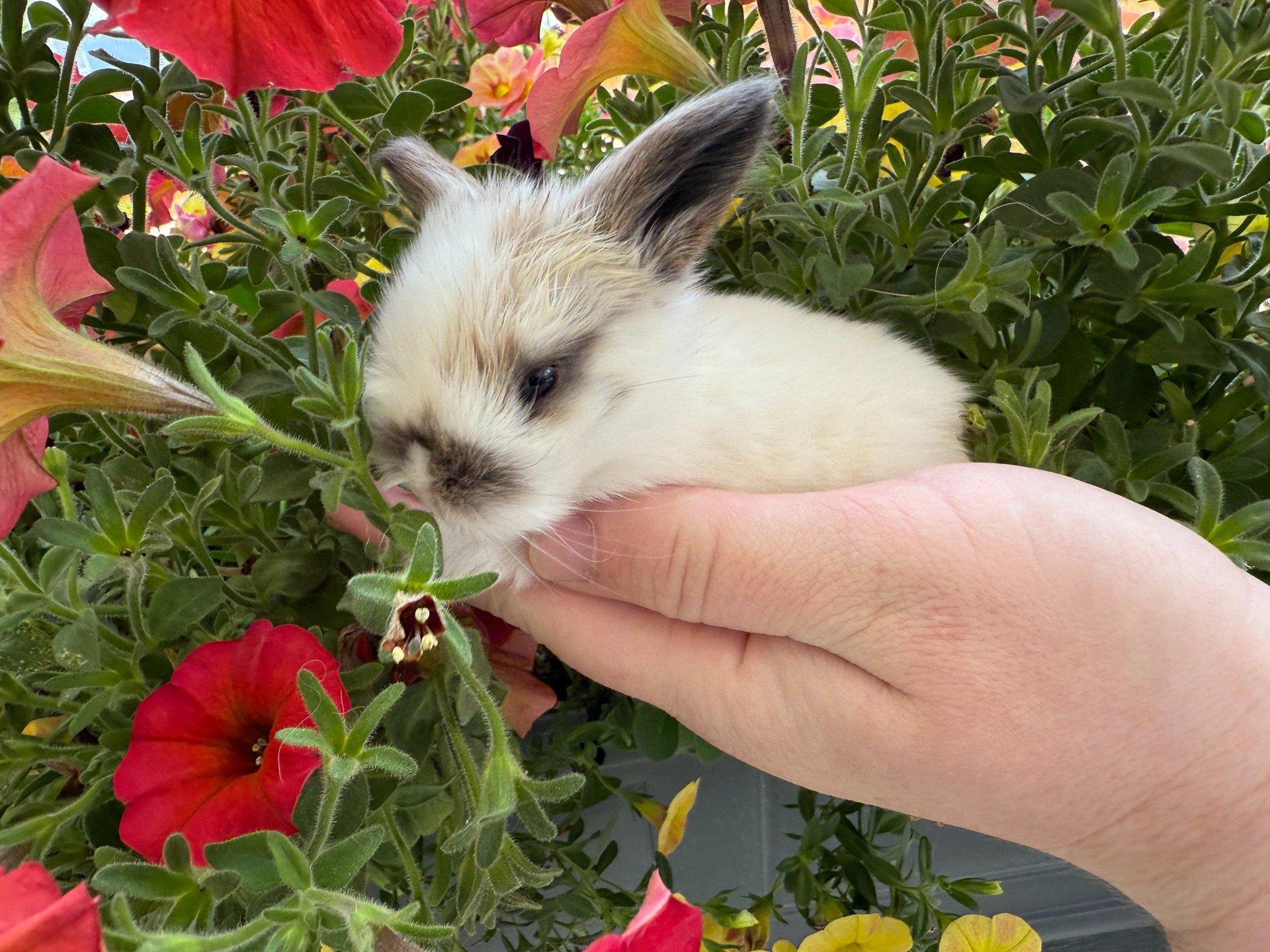
How it Works
If you are interested in a bunny or upcoming litters, you may inquire by texting 719-960-6784 or emailing cuddlelopco@gmail.com
If you would like to reserve or adopt a bunny, please contact the above-mentioned sources and note which rabbit you are interested in.
To reserve a rabbit, we require a 50% deposit. Before adopting or reserving a rabbit, please read the purchase agreement. Placing a deposit or adopting a rabbit is an agreement to the purchase agreement.
PLEASE CONTACT US BEFORE SENDING A DEPOSIT!
Purchase Agreement
Here at CuddleLop Co we focus on raising well adjusted and well handled babies. While every animal has their own individual personality, we do our best to expose them to lots of sights, sounds, and touches. Babies are raised inside our home and are introduced to litter training as soon as they are able to hop out of the nest box. Our babies will NOT be fully litter trained by 8 weeks, but they will be familiar with using a litter box.
We would never rehome any animal that showed any sign of illness. To the very best of our knowledge all our babies are perfectly healthy. Any ailment that a bunny experiences after leaving our care will not be our responsibility or financial expense. In the event that a bunny you have reserved becomes ill or passes away, you will be fully refunded, or you may transfer that deposit to another available bunny.
Bunnies can be sexed starting around 4 weeks. We check multiple times before sending bunnies home, but please understand that sexing rabbits can be very tricky. While we are very confident that our bunnies are sexed correctly, we cannot 100% guarantee their sex. It is your decision whether to spay or neuter your animal, but be aware that rabbits can reproduce as young as 12 weeks old.
Babies will be sent home with a care pamphlet, hay, and transitional pellets. Please feed them only that for the first 2-3 days to avoid multiple stressors at once. Then you may begin mixing the food we provide, with your own. Avoid giving your rabbit any treats, veggies, fruits etc until 6 months of age.Please provide your rabbit with good quality hay. Please make sure you have researched rabbits and their care (Especially GI stasis) as they are a 10 year commitment and we hope you are prepared to love them, as much as we do.
In order to reserve a bunny we require a 50% deposit. That deposit can be sent by Zelle (719-960-6784 should be registered to Lyndon) or Venmo (@tmcb94 should be registered to Taylor). After you make a deposit, this is non-refundable. If babies are not picked up within 7 days of the agreed scheduled pickup, your deposit will be forfeited. When making a deposit, please specify that it is a deposit for a bunny and specify which bunny or bunnies it is for using their name.
By sending a deposit you are agreeing to the purchase agreement. You must be over the age of 18 to sign for and purchase a bunny. Our rabbits may be reserved at 4-6 weeks of age and picked up by you on the day they turn 8 weeks. We do not allow them to leave prior to 8 weeks to ensure the health of our rabbits. In the event that you cannot keep your bunny any longer, please consider reaching out to us and we can help rehome them. We love receiving pictures and updates as these babies are members of our family. We hope you will love them, as much as we do!
Thanks,
Lyndon and Taylor ❤️🐰
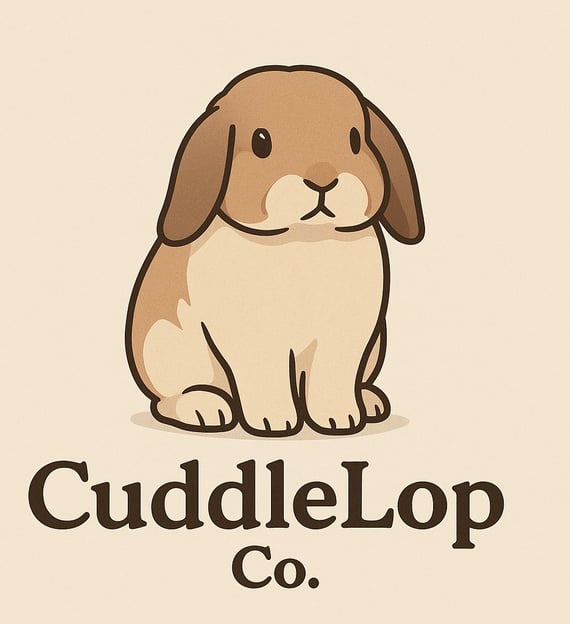

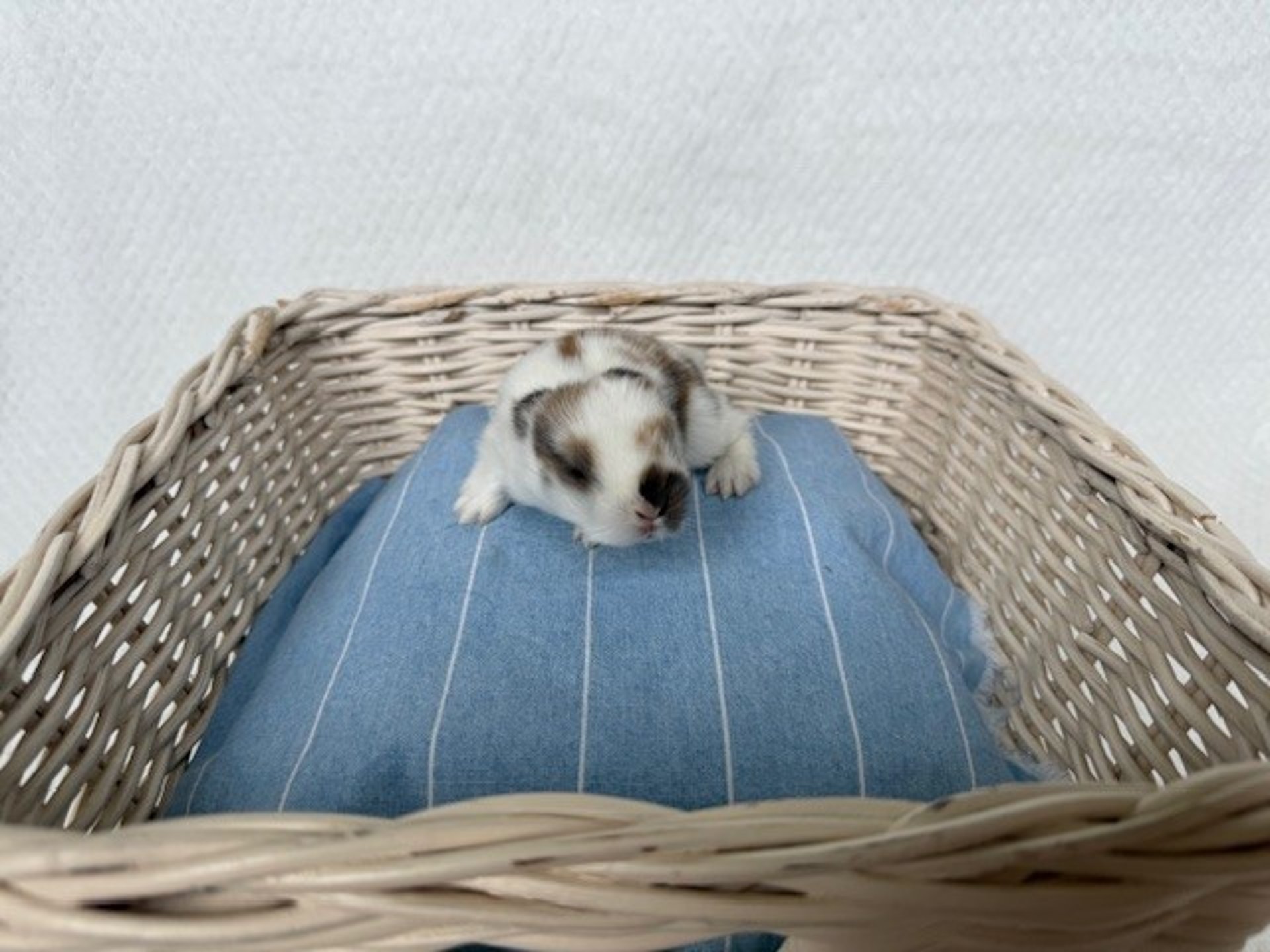
Care Guide
INTRODUCTION
The Holland Lop rabbit is a Dutch breed initially developed by rabbit breeder Adriann De Cock of Tilburg, Netherlands. Holland Lops are the result of breeding a larger French Lop rabbit with a smaller Netherland Dwarf rabbit. The standards of perfection for the breed were adopted in Europe in 1964. The Holland Lop was officially recognized in the United States as a pure breed by the American Rabbit Breeders Association (ARBA) in 1979. The typical Holland Lop life span is 7–10 years, and they reach a maximum weight of 4 pounds. Full-grown Holland Lops have a compact yet muscular body with heavy bones. The ARBA recognizes over 30 different coat color and pattern variations. Ideally, this rabbit has a large head, short and rounded nose, and characteristic floppy ears that fall close to the face.
Basic Care
1. Housing
We are strong advocates of free roaming, which is where your rabbits have free roam of your house. This may be the entire house or just a designated room. If this is not an option for you, the next best thing would be a spacious exercise pen. We recommend using a 4x4 pen or larger per rabbit. Rabbits can jump as high as three feet, so the exercise pen should be about 36 in or higher. Some rabbits don’t bother jumping out though and many of our rabbits are in 24 in pens. Rabbits should NOT be kept in cages. They are relatively easy to litter train (more on that below) and like to keep clean.
2. Diet
Rabbits should have unlimited access to hay and fresh water. Up until 6 months, rabbits should get unlimited alfalfa hay and alfalfa pellets. At 6 months they need to be switched to Timothy hay and Timothy pellets. Their pellet intake should follow the prescribed amount on your food bag. Rabbits can also have fresh fruits and veggies as a part of their diet, but these should be introduced slowly as they can cause upset stomach and diarrhea. Rabbits should drink from a bowl, and not a bottle. This is more natural for them and is actually cleaner as bottles are harder to clean and can collect bacteria. Rabbits drink as much water as a small dog, so you’ll want to check their bowl often.
3. Bonding/Handling
Bonding with rabbits can be different from bonding with other pets like cats or dogs. Rabbits are prey animals, and have strong survival instincts that make them more reluctant to being picked up right away. It’s best to start slow and let your rabbit get used to your presence, and then slowly introduce handing them treats and petting if they allow it on their head and back. Rabbits feel safer when being supported underneath their bottom and being held close to your body.
4. Grooming
Rabbits go through a molt a couple times a year, and will need to be brushed out during this time. Rabbits are inherently very clean and spend a lot of time grooming themselves, so when they are molting they may consume more fur than they would normally, which can cause stomach discomfort and even GI stasis (more on that later). Brushing helps to prevent this by collecting the extra fur for your bun, and it can also be a good way to bond. Rabbits do not need baths! They clean themselves pretty well (much like cats), and cannot regulate their body temperatures as well as other animals. In the event that you need to help clean your rabbit, try using a washcloth and do not fully bathe your bunny.
Litter Training
Rabbits naturally like to use the restroom where they eat. Place your hay bag above your litter box and they will do most of the work for you. If you see an accident, clean it up right away and use a water/vinegar solution to get rid of the scent. If your bun is having a hard time using the litter box then you can try moving the box to where the rabbit is having accidents, and place any accidents in the litter box for them. They will likely pick this up quickly. As rabbits come of breeding age, they may become territorial, so spaying and neutering will solidify litter training the best.
GI Stasis
Rabbit’s digestive tracts always need to keep moving. This is why they need constant access to hay. When a rabbit’s digestive track slows or stops moving, this is called gastrointestinal stasis. GI stasis requires veterinary intervention and can be fatal without treatment.
RESOURCES
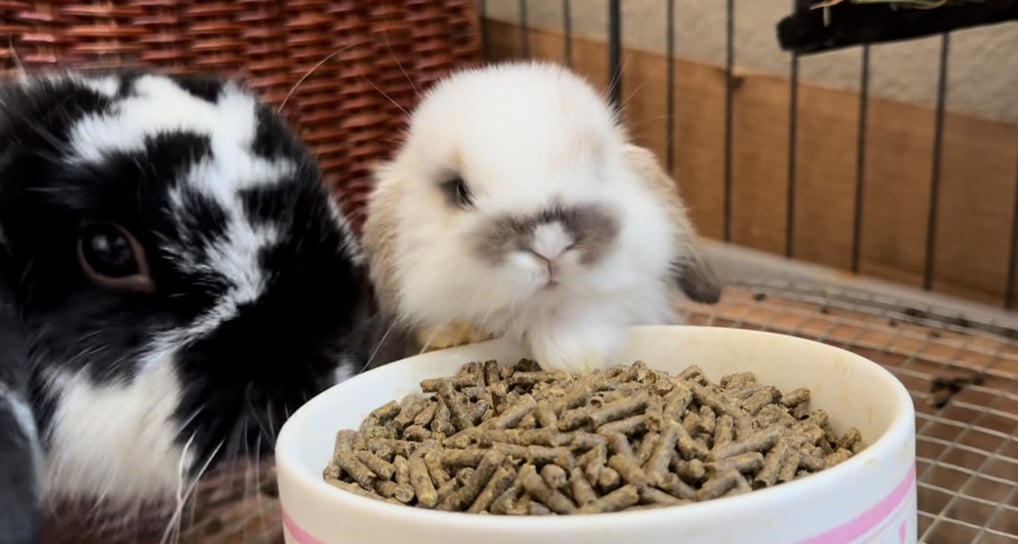

Gallery
Explore our adorable Holland Lops and their joyful moments.
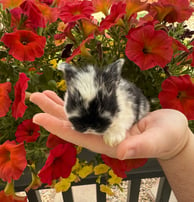



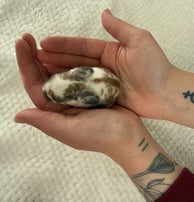

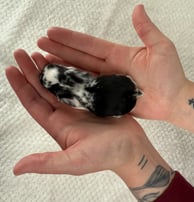

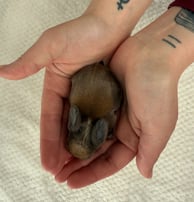

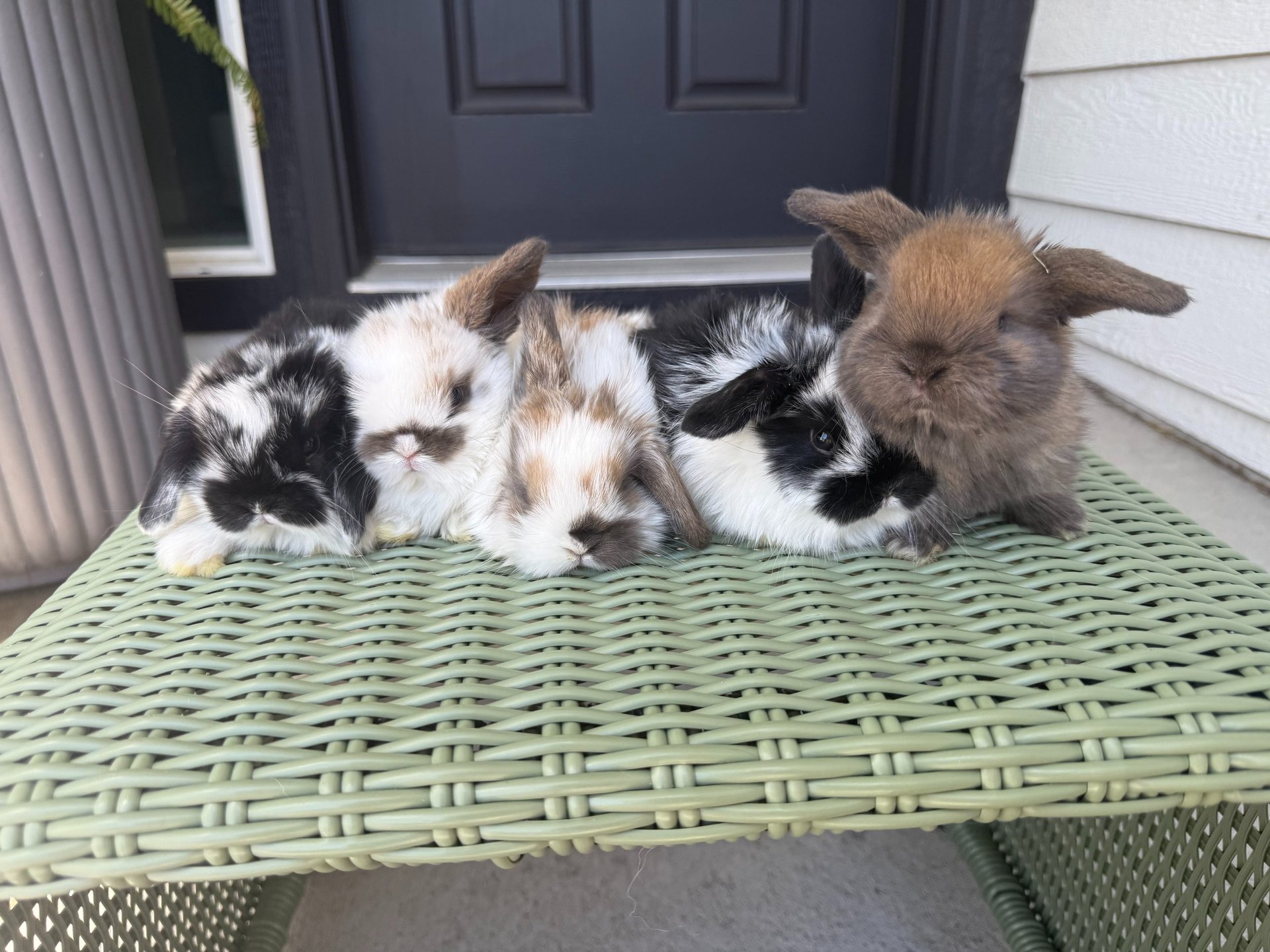
Location Info
Cuddlelop Co. is proudly based in Denver, Colorado, where we breed and raise healthy, socialized Holland Lops for loving homes.
Address
We do pickups in public spaces in the Aurora area. We do not offer shipping at this time.
Hours
Text or email anytime!
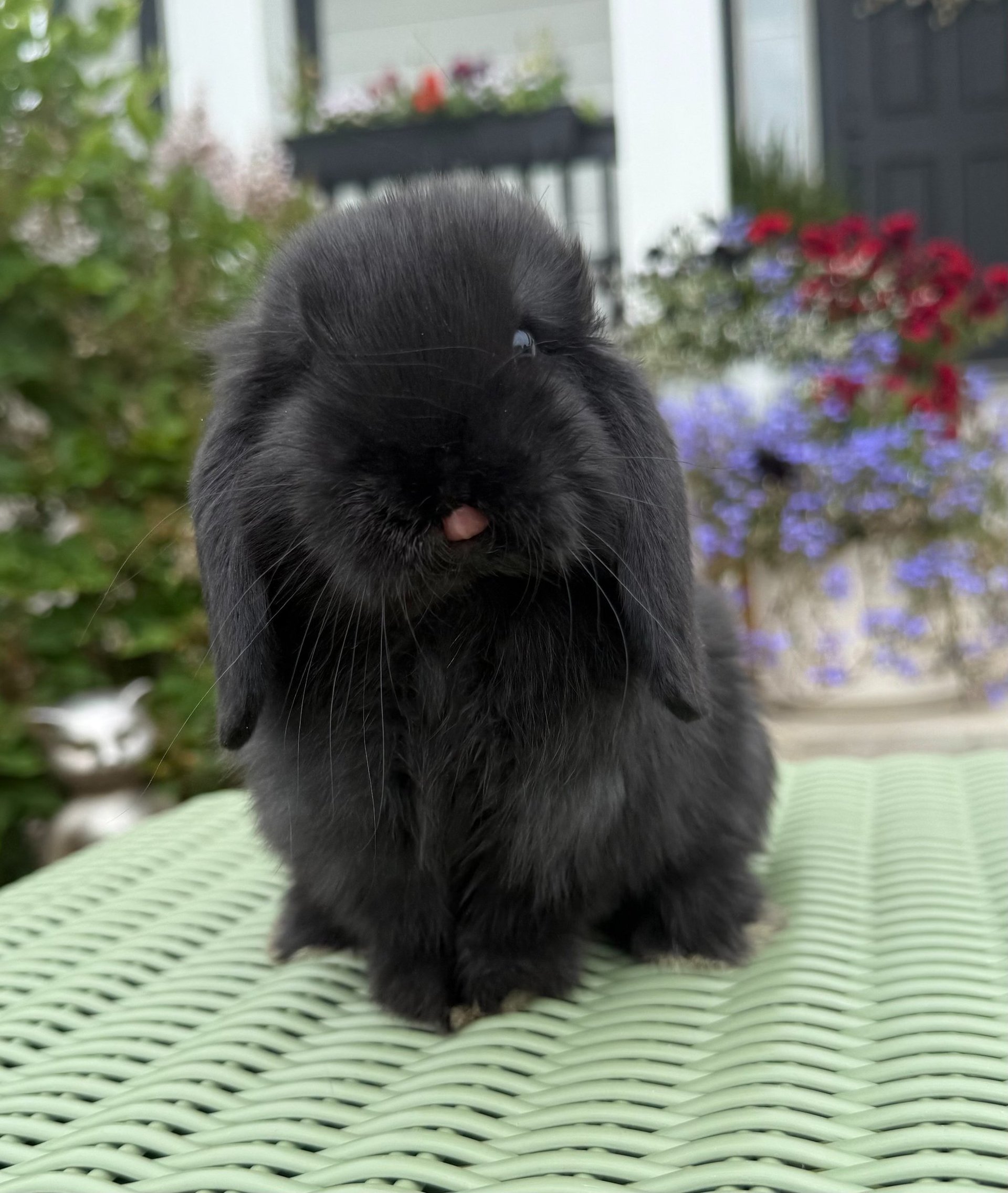
CuddleLop Co.
All our rabbits live inside our home, and we handle babies from birth to ensure they are healthy and well socialized. We focus on well adapted and healthy babies. Stay tuned for our upcoming chocolate project!
Care
cuddlelopco@gmail.com
© 2025. All rights reserved.
Each bunny comes with transition food, something to chew on, and our care pamphlet to help you raise your new best friend.
